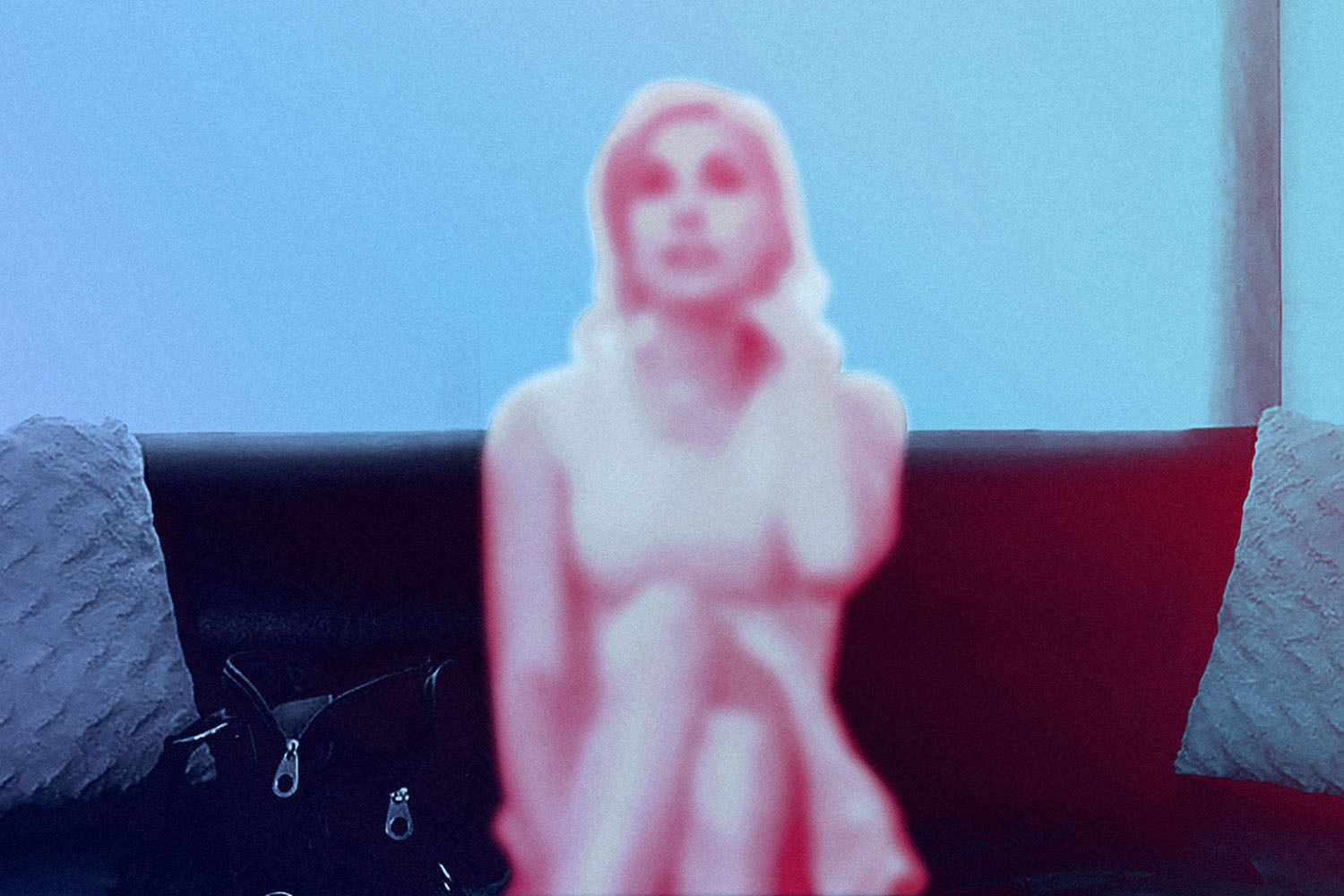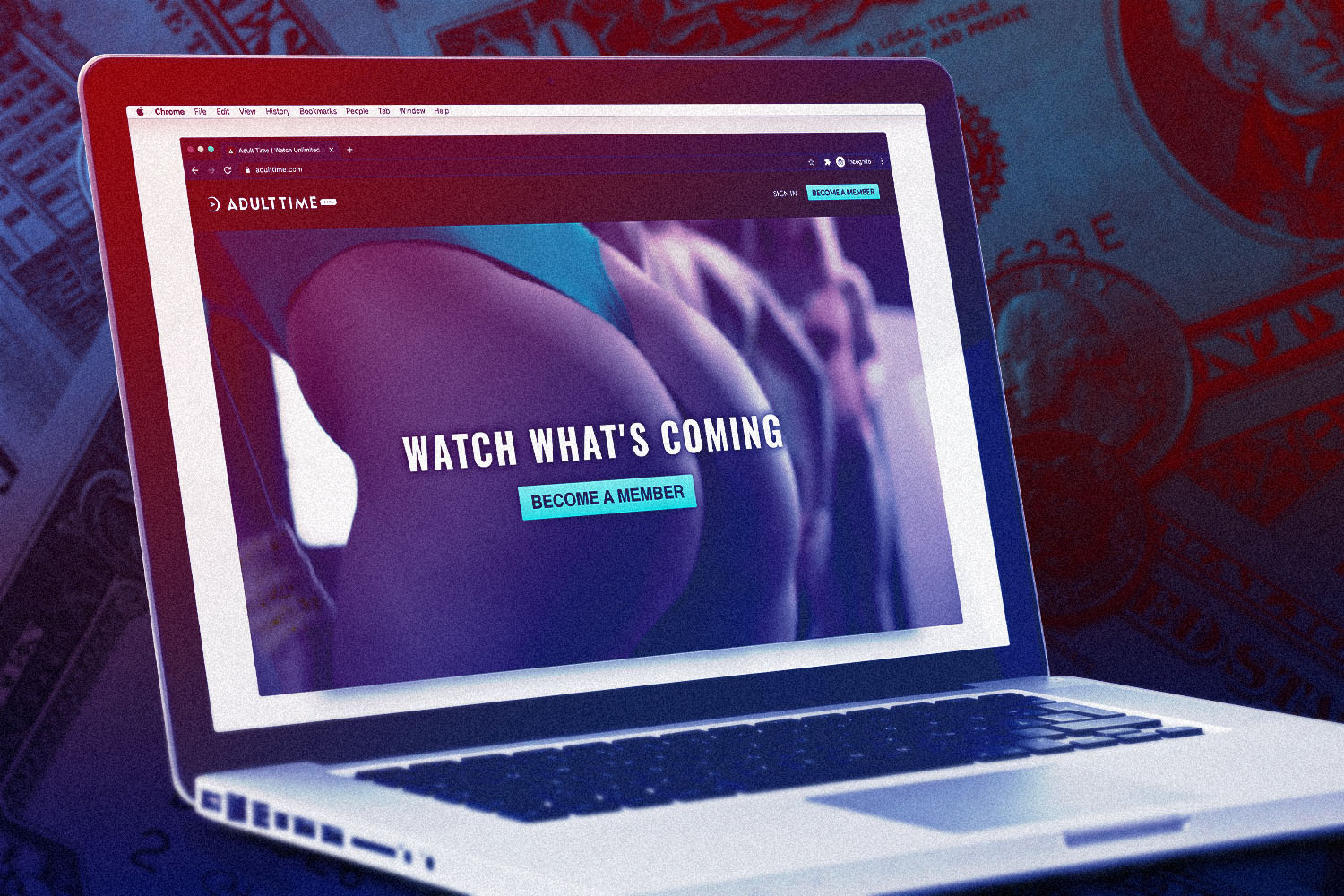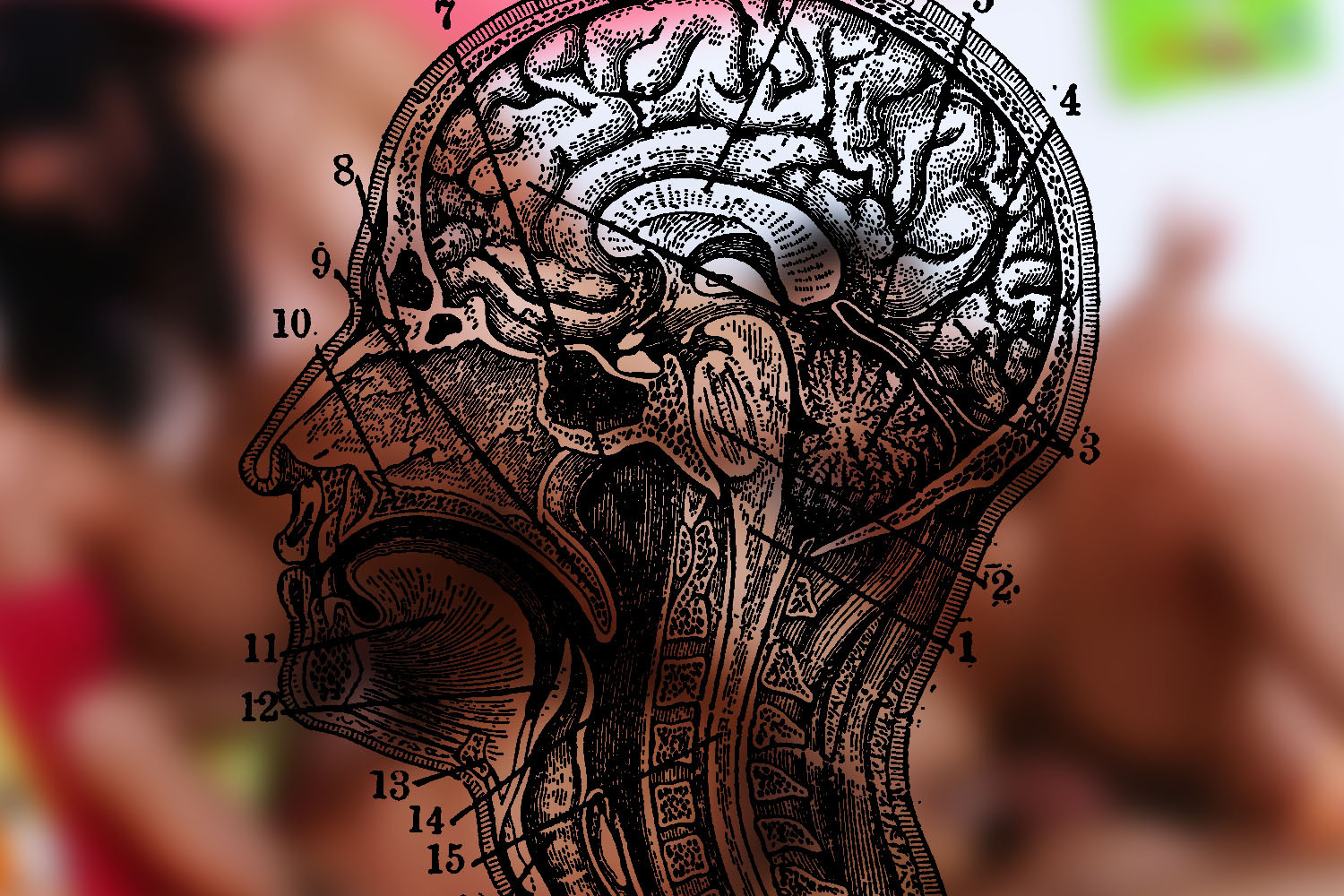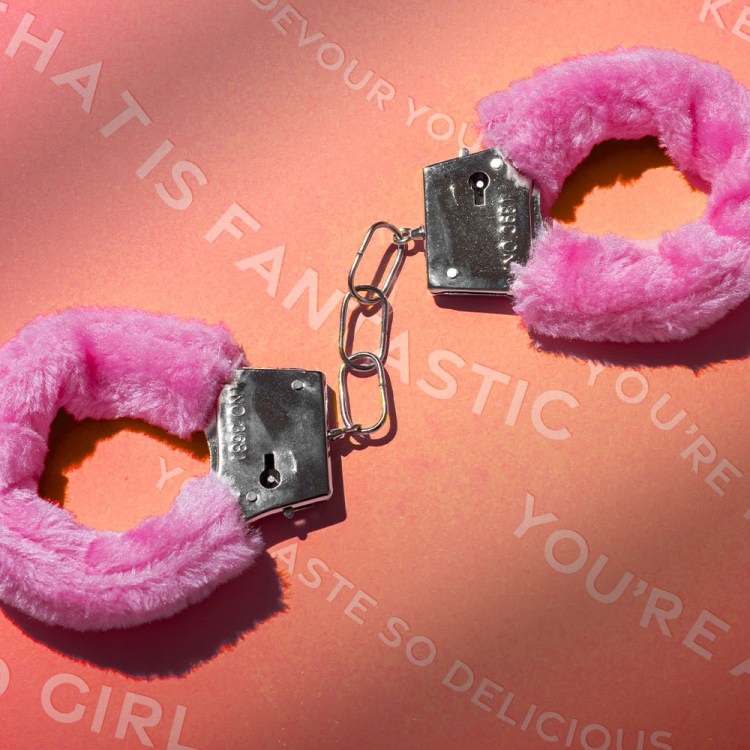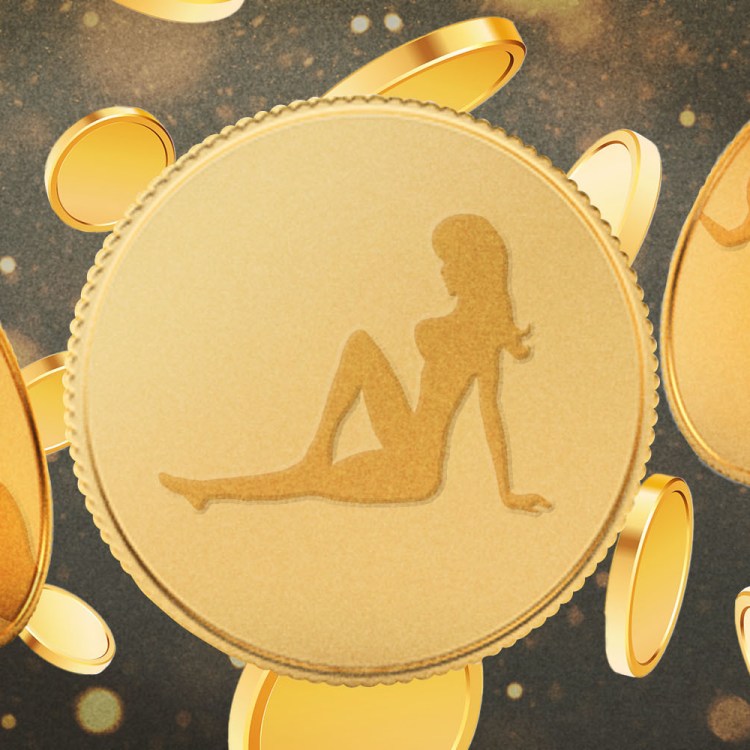This is the third and final installment in a three-part series on ethical porn consumption in the aftermath of last month’s Pornhub controversy. Previously, industry professionals shared their insight on the best ways to pay for porn, and how to tell if the porn you’re watching was ethically produced. In this final segment, performers from various industry backgrounds address the biggest misconceptions surrounding society’s understanding of ethical porn, including who should be having those conversations in the first place and whether or not so-called “ethics” is something people outside of the industry have a right to police.
InsideHook: What do you see as the most common, or biggest, misunderstandings about what it means to be an ethical porn consumer? What do you want to make sure viewers understand?
Kate Kennedy: I don’t think most people think much about ethical porn consumption to begin with. Even the staunchest social justice warriors I know look at Pornhub for free. It just doesn’t cross their minds to think about the implications of what porn they’re getting and how.
[People also get hung up on the idea that porn is only ethical if performers feel great about every piece of content they’ve made.] Every performer in every realm of entertainment has at least one performance they didn’t feel great about. Porn performers sometimes take scenes they might not otherwise be super horny for personally because, at the end of the day, this is a job. Everybody goes to work on days when they’d rather do something else. Within the context of capitalism, equating ethics with willingness to perform a given task for an agreed upon rate is nonsense. If you want to see me, as a person, getting off exactly how I please, then enjoy some footage of me emotionlessly masturbating with my Hitachi with the occasional groan.
Jiz Lee: Porn is a job. How we work is part of the deals that we’ve agreed to. We’re adults who are capable of making informed choices. The less our industry is stigmatized, [and] the less sex work in general is criminalized or regulated, the more options and better choices for work we’ll have.
Jessica Starling: People often don’t understand how to consume porn ethically because they have a polarized understanding of sex work and consent. They either think that sex workers are always consenting to everything all the time, or that they can never meaningfully consent to anything, so either nothing is unethical or everything is. Neither view is accurate.
Allie Oops: If we want to consume ethical porn, then we as a society have to start talking about porn and what we want out of it more and more openly. And we have to stop putting qualifiers like ethical on porn in the first place. If something involves two people who were not consenting adults when they made it, then that’s not porn at all — that’s abuse material.
Jessica Starling: Porn piracy is a form of digital sexual abuse as well. If someone sends you a nude for your eyes only and you upload it for others to see, even if you paid for it, you have committed digital sexual abuse. If you view that content knowing it wasn’t posted consensually, you have participated in digital sexual abuse. This means that the way many people are used to consuming porn, [viewing pirated content on tube sites or other venues] is not only unethical. It is also a violation. People often get angry when I tell them that. I understand that no one wants to be an abuser, that sounds so terrible. However, the truth is that our culture doesn’t value the consent of women, and especially sex workers.
Charlotte Sartre: In public conversations on ethical porn consumption, it’s important for people to consider the sources of the things they’re hearing. That information should come from the people directly involved in creating adult content, not politicians or outside organizations who think sex work and sex trafficking are the same things. Nothing about us without us.
Jessica Starling: People outside the industry have little to no understanding of how we actually operate. It’s dumbfounding to think that someone with no experience or knowledge of the basics of the industry could or would attempt to set guidelines for how to run it or consume its products. Imagine that happening in literally any other industry. I’m struggling to think of an example. It would be laughable how much they get wrong — if it wasn’t so dangerous to us.
Kate Kennedy: Commentary on the sex industry by people outside of it is about as useful as a screen door on a submarine. We have been screaming at the mainstream media to take us seriously, to listen to what we have to say, for decades. But the voices of ignorant do-gooders unceasingly and inevitably drown us out. And now we are drowning [under restrictions].
Mastercard and Visa’s decision to pull services from Pornhub following one op-ed by a middle-aged white male journalist who has made a career of exploiting the vulnerable for his own narratives is unconscionable. Now, I’m forced to take the side of a site that has done nothing but steal from me and my coworkers for years to preserve all of our First Amendment rights.
Jessica Starling: Pornhub was hosting millions of videos, non-consensual or pirated, that should never have been uploaded. But the ideology behind the recent actions taken against them promotes the notion that porn can never be ethical. These outside actors’ ultimate goal is the removal of sex from the internet, and the eradication of all sex work by any means necessary.
Allie Oops: The people who are going to be hurt the most by this move, [ostensibly meant to improve the ethicality of porn distribution and consumption] will be the most marginalized queer and indie performers, the alternative models and people with non-normative bodies.
Charlotte Sartre: Where will the porn industry be hit next? It’s scary.
This article was featured in the InsideHook newsletter. Sign up now.

